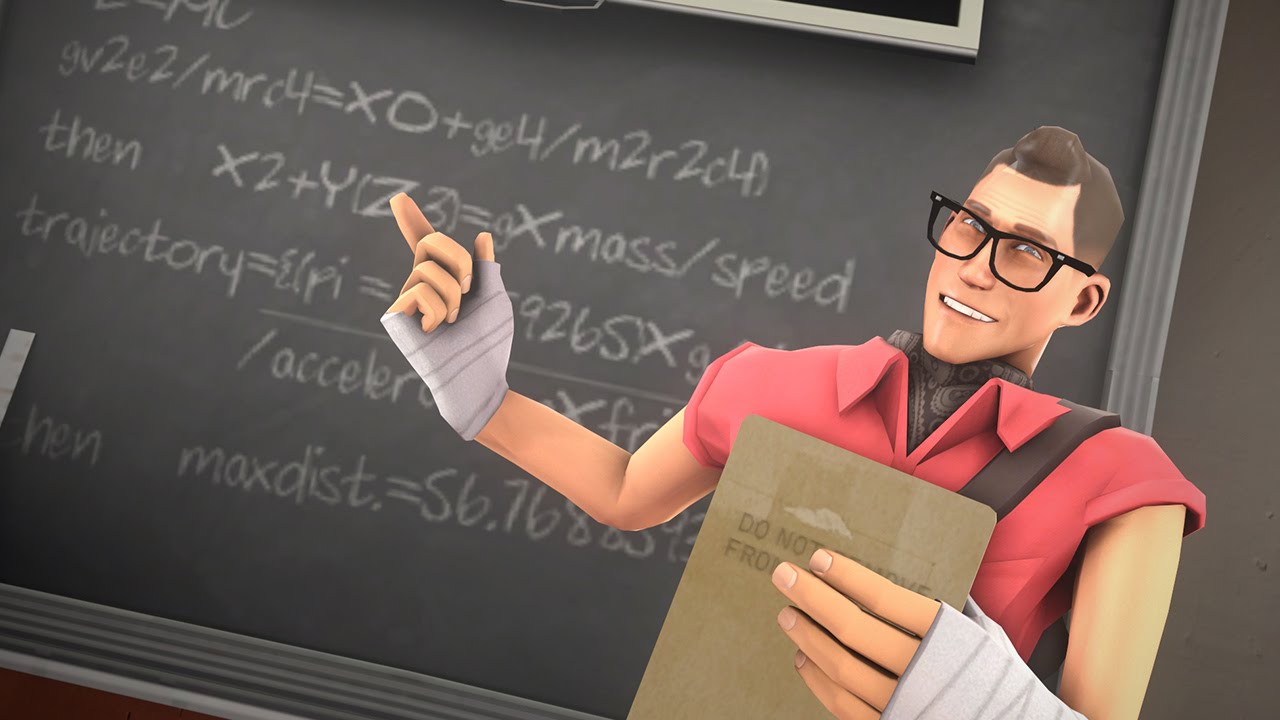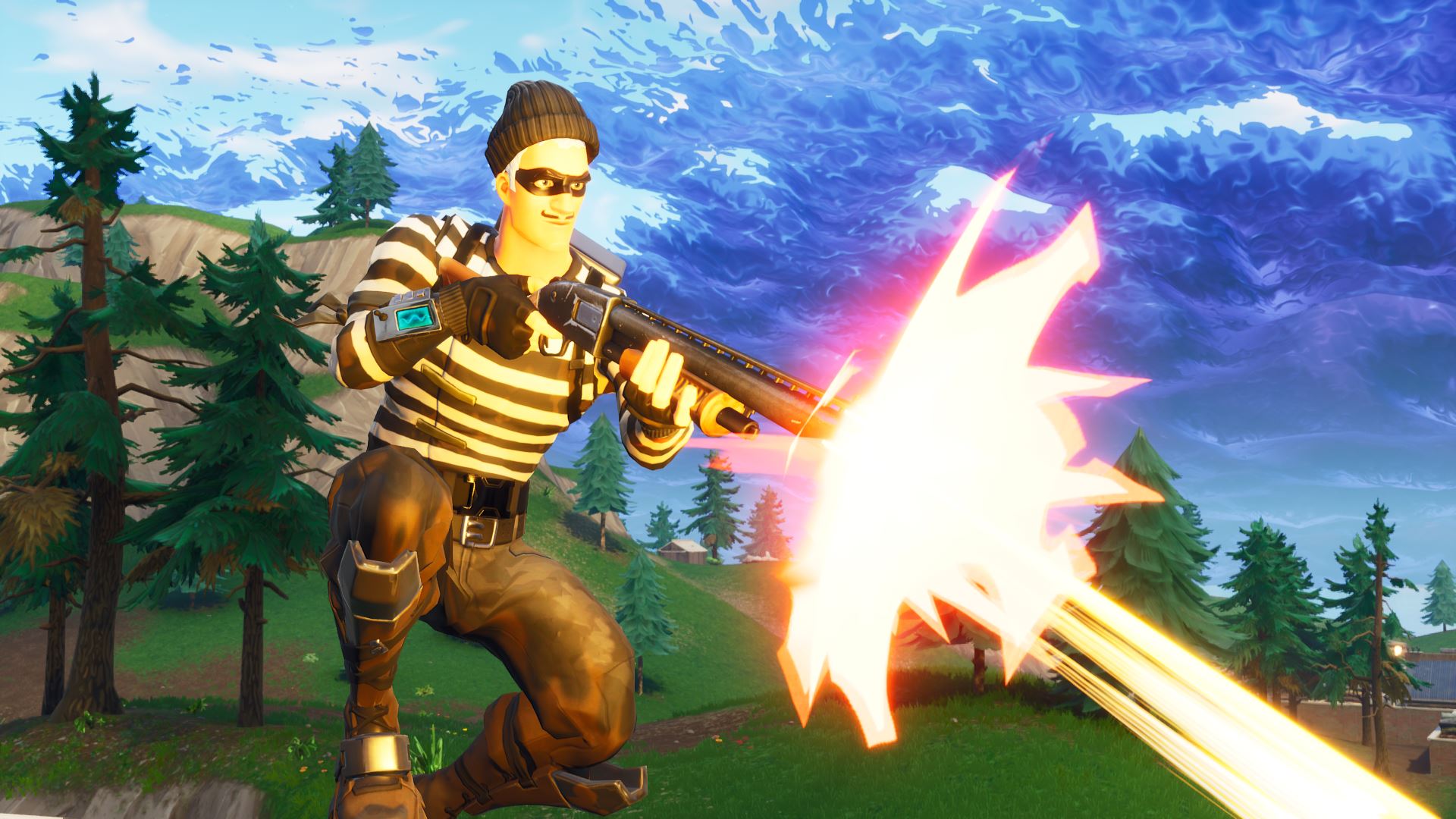Games industry pushes back against new 'Gaming Disorder' classification
The ESA, IGDA, and many others are firmly against the plan.

Last December, the World Health Organization (WHO) proposed that "Gaming Disorder" be classified as an addictive behavior in a beta draft of ICD-11, the latest version of the International Classification of Diseases, which is used by practitioners in multiple countries to diagnose various illnesses and conditions. At the time, "Gaming Disorder" was merely a vague proposed classification, but today the WHO released an updated version of ICD-11 which includes a concrete definition.
Listed under "disorders due to addictive behaviors," "Gaming Disorder" is defined as "a pattern of gaming behavior ('digital-gaming' or 'video-gaming') characterized by impaired control over gaming, increasing priority given to gaming over other activities to the extent that gaming takes precedence over other interests and daily activities, and continuation or escalation of gaming despite the occurrence of negative consequences."
The draft also outlines how to diagnose "Gaming Disorder": "The behaviour pattern is of sufficient severity to result in significant impairment in personal, family, social, educational, occupational or other important areas of functioning. The pattern of gaming behaviour may be continuous or episodic and recurrent. The gaming behaviour and other features are normally evident over a period of at least 12 months in order for a diagnosis to be assigned, although the required duration may be shortened if all diagnostic requirements are met and symptoms are severe."
Critically, the ICD-11 has not yet been finalized. As the Association for UK Interactive Entertainment (UKIE) explains, the current draft won't be submitted until May 2019, and its content may be amended over the next year. The online version of ICD-11 also says that "the content in this platform may change on an ongoing basis."

"Gaming Disorder's" inclusion has been controversial since it was first proposed, with the Entertainment Software Association (ESA) openly refuting it in both January and March of this year. The fact that it's still included in the newest draft has sparked considerable outcry among multiple gaming organizations. A statement released today, co-signed by the ESA, ESAC, EGDF, IESA, IGEA, ISFE, K-GAMES, and UBV&G, reads:
“Videogames across all kinds of genres, devices and platforms are enjoyed safely and sensibly by more than 2 billion people worldwide, with the educational, therapeutic, and recreational value of games being well-founded and widely recognized. We are therefore concerned to see ‘gaming disorder’ still contained in the latest version of the WHO’s ICD-11 despite significant opposition from the medical and scientific community. The evidence for its inclusion remains highly contested and inconclusive.
"We hope that the WHO will reconsider the mounting evidence put before them before proposing inclusion of ‘gaming disorder’ in the final version of ICD-11 to be endorsed next year. We understand that our industry and supporters around the world will continue raising their voices in opposition to this move and urge the WHO to avoid taking steps that would have unjustified implications for national health systems across the world."
The biggest gaming news, reviews and hardware deals
Keep up to date with the most important stories and the best deals, as picked by the PC Gamer team.
There's no shortage of evidence opposing "Gaming Disorder." In March 2018, 36 mental health professionals and academics released a paper opposing the WHO's proposal (which was actually a follow-up to a 2016 paper by the same group). As previously reported, the ESA supported this paper in a press release, with ESA president Michael D. Gallagher adding that "the WHO’s process lacks transparency, is deeply flawed, and lacks objective scientific support."
The ESA released an updated statement earlier today:
ESA's statement regarding the WHO's proposed video game disorder classification. For more, please visit https://t.co/AQE0623Dol pic.twitter.com/GDSbuCTMxqJune 18, 2018
The Society for Media Psychology & Technology, a division of the American Psychological Association, also released a statement in March 2018, expressing its concern for the WHO's proposal. "We can discern no clear reason why videogames are being singled out for a disorder rather than a general 'behavioral addiction' category if the concern were truly regarding clinical access for those with problem behaviors," the statement reads. "Thus, an obsessive focus of the WHO on [videogame addiction] would appear to us to be a response to moral panic, one which in turn is likely to fuel more moral panic, including miscommunications that game playing can be compared to substance abuse."
IGDA executive director Jen MacLean echoed these and other arguments on Twitter:
2/ The WHO's creation of a "gaming disorder" has the potential to do significant and serious harm to people who use games as a coping mechanism for anxiety, depression, and stress-and may encourage doctors to address the symptoms but not the underlying illnesses.June 18, 2018
Whether ICD-11 will be amended to reflect these arguments, and to what extent, remains to be seen.

Austin freelanced for PC Gamer, Eurogamer, IGN, Sports Illustrated, and more while finishing his journalism degree, and has been a full-time writer at PC Gamer's sister publication GamesRadar+ since 2019. They've yet to realize that his position as a staff writer is just a cover-up for his career-spanning Destiny column, and he's kept the ruse going with a focus on news, the occasional feature, and as much Genshin Impact as he can get away with.

